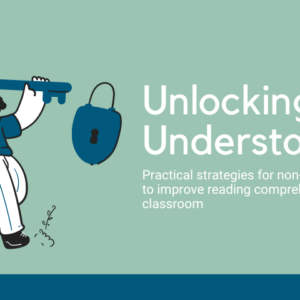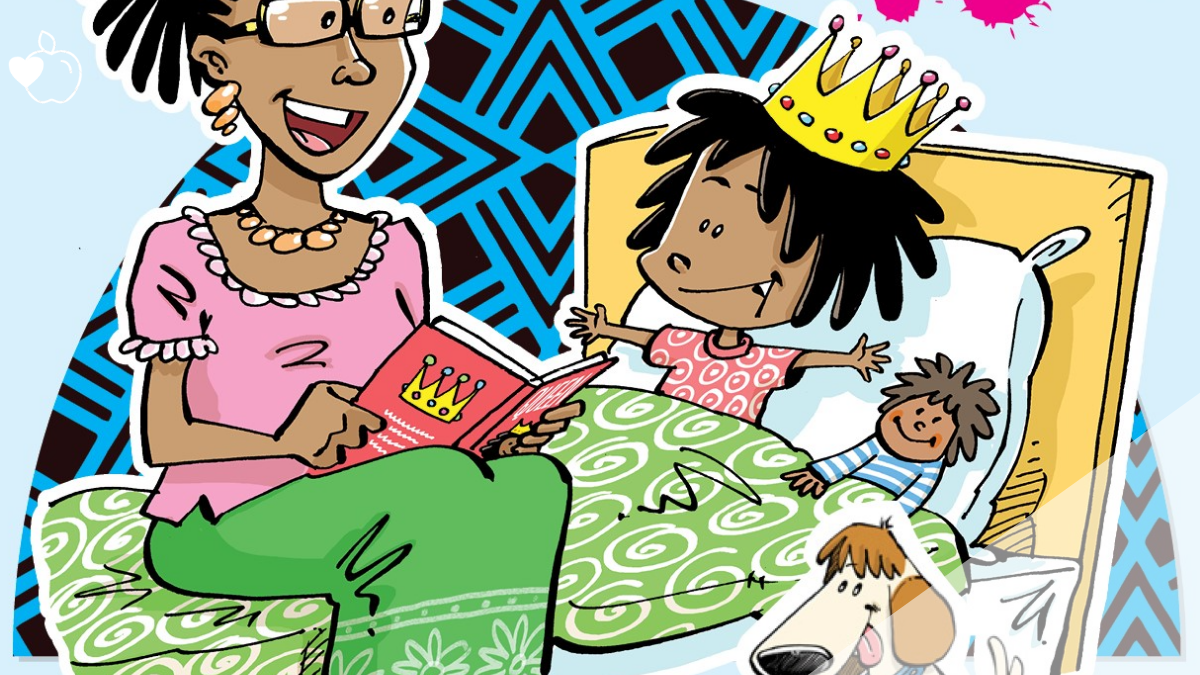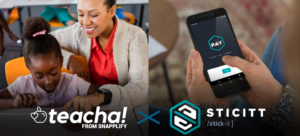
When I was growing up in the late 1980s and early 1990s, life was starkly different from what it is today. In the townships, households with electricity and a television set were a rarity; a luxury only enjoyed by a privileged few. Further, community libraries and books in homes were practically unheard of.
For many, radio was the only medium of news and entertainment and for my family, evenings were solely a time for oral stories, traditional games and songs. We may not have known it then, but our entertainment was a way of promoting family literacy. Indeed, the foundation for my own love of reading and writing and my work in promoting multilingual children’s literacy, was laid through these early family-literacy sessions.
Currently, South Africa is gripped by a deadly pandemic and we are being faced with the realities of our inequalities. Inequality in education, just as it is in every facet of South African society, is glaring us in the face. It was inevitable that at some stage we would be forced to look inside ourselves and deal with what we have avoided for the last two and a half decades.
That said, some of the best of South Africa has also revealed itself during the lockdown. Literacy promotion organisations and individuals have been at the forefront of bringing stories to children and their caregivers in the absence of schools, bookstores and library visits. The social media streets are awash with story reading and telling session as well as book discussions. With so much promotion, caregivers and families are hopefully now not just hearing about, but experiencing the joy and benefit of reading and sharing stories at home too.
Traditionally, literacy has been viewed as a de facto skill for acquiring a better education and something taught at school. But literacy is more than reading. When children learn to read at school, they are being taught technical skills. Despite their teacher’s best efforts, literacy assessments continue to show that many children fail to reach required literacy milestones. However, children who read for pleasure have improved technical reading skills. So, in order for children to thrive in the classroom and in life, we need to nurture a love of reading and stories at home first.
And, family literacy is a train that excludes no one! Grandmothers, grandfathers, uncles, aunts, brothers, sisters and neighbours are all welcome (and expected) to hop on board, even family members who cannot read and write but who have a wealth of oral stories and other literacy resources such as indigenous games and songs to share, have a role to play.
Neighbours reminiscing about life ‘way back when’ and sharing those experiences with the younger generation, elderly family members sharing information about the family tree, family traditions and customs with young people can all form part of the daily family-literacy experience. We all need to ride the train of family literacy!
Nal’ibali (the national reading-for-enjoyment campaign) is introducing family literacy to its range of literacy promotion activities this month, unpacking simple literacy activities that can easily be done in the home.
Around the world, children growing up in poverty struggle to read, but studies show that when poor children are exposed to books, they start to read better and reading for pleasure has a stronger impact of educational attainment that the socio-economic status of parents.
Decades come and go, pandemics hit and disappear, but families remain constant and if South Africa’s literacy crisis has taught us anything, it’s that our current reliance on the education system to teach our children to read is doing our children a disservice. In fact, it’s crippling them. We need to start much earlier in the home. So, let’s start today!
For more information about the Nal’ibali campaign, family literacy or to access children’s stories in a range of South African languages, visit www.nalibali.org. Or, to receive free reading-for-enjoyment training, sign up to Nal’ibali’s FUNda Sonke loyalty programme at www.nalibali.mobi.

 Unlocking Understanding course
Unlocking Understanding course 

